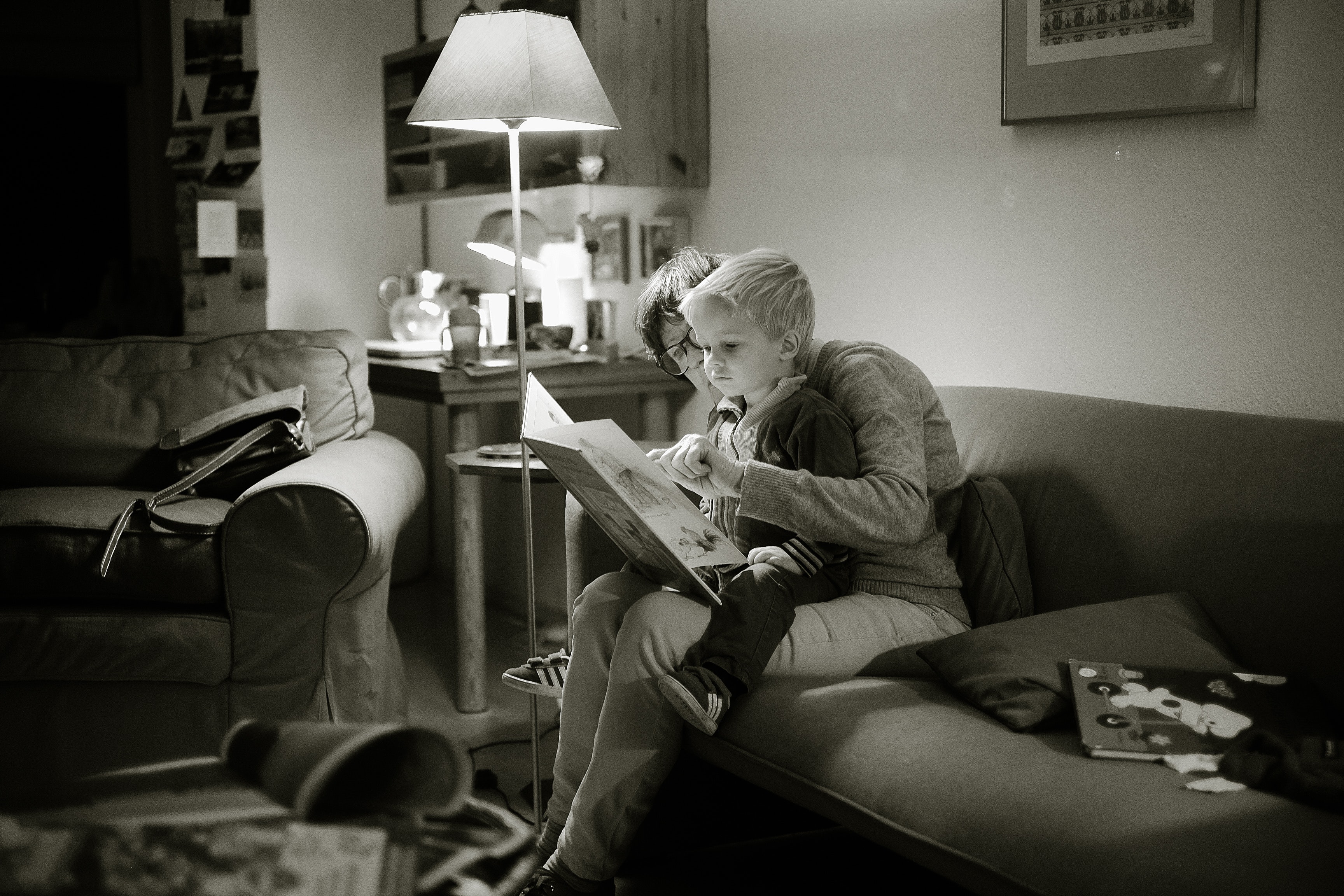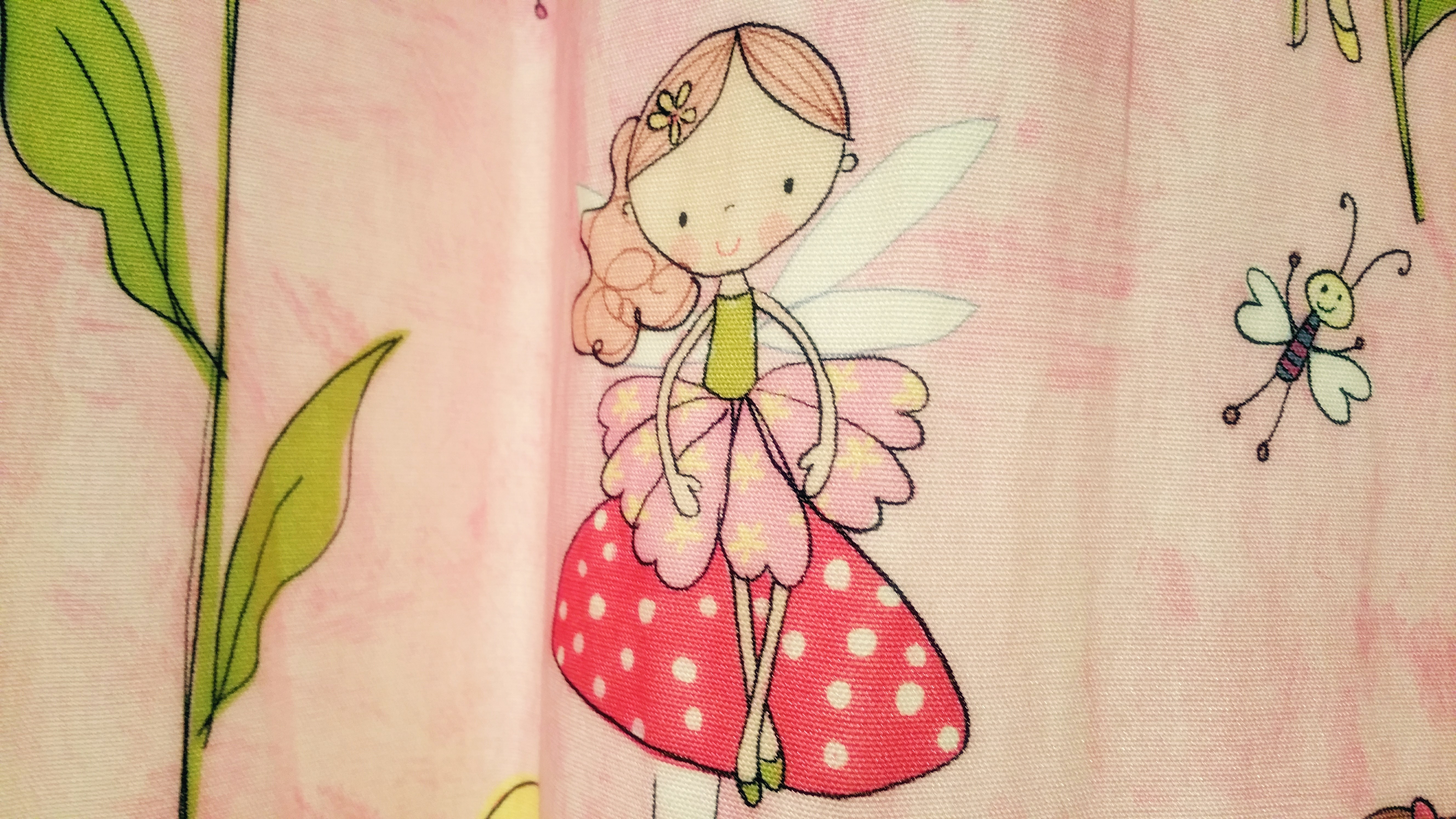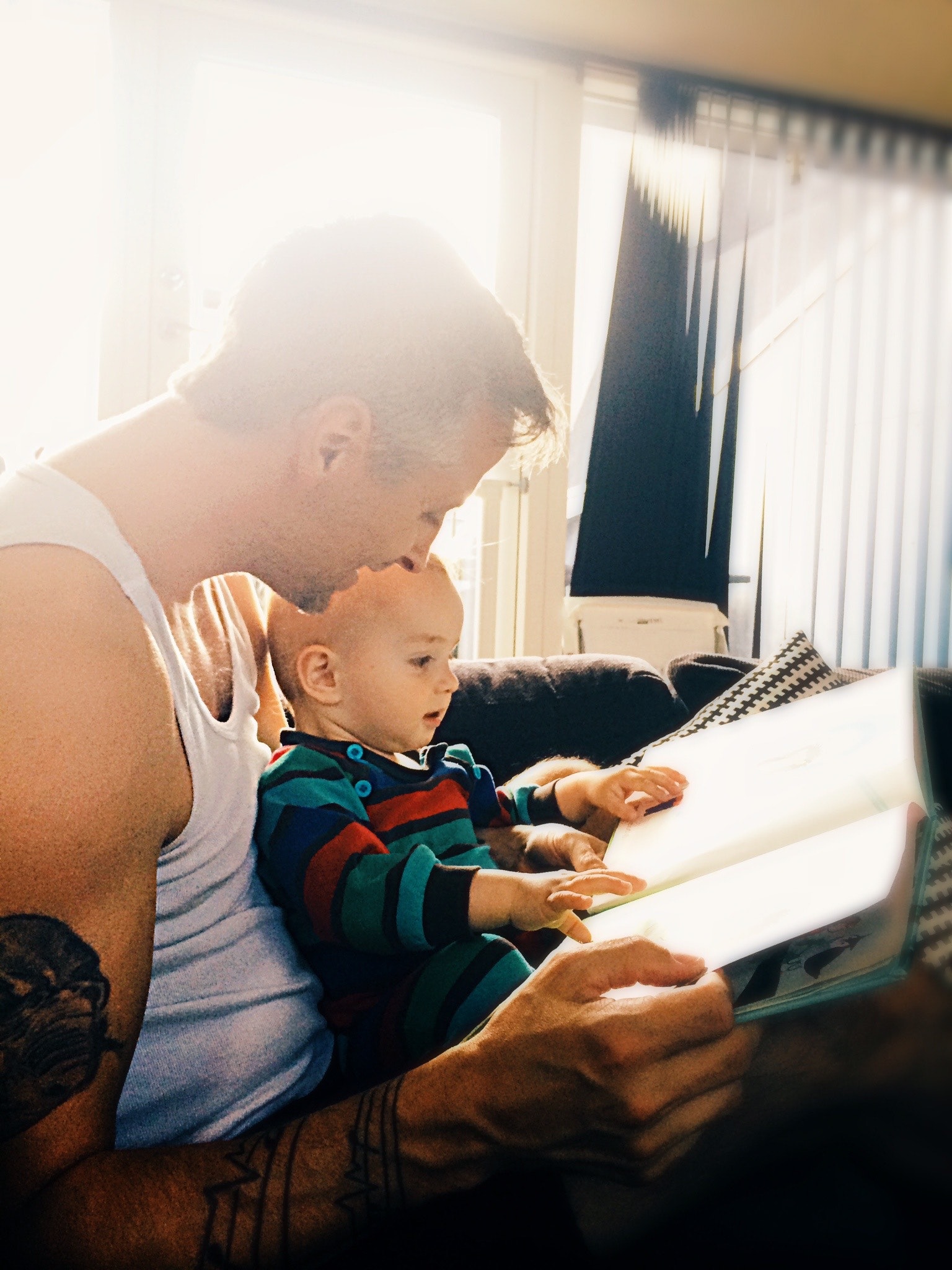7 Easy Reading Tips for Parents of Preschool Kids
Learning to read is an important developmental milestone in a child’s life. This complex literacy skill requires children to recognise letters and match these with their corresponding sounds all the while combining these sounds with words and mentally storing the definitions of these structures.
The ability to decode a string of words is only the start however. Emerging readers must learn to pause for punctuation and infer word meanings based on contextual cues. But what can a parent do to provide a solid foundation for their child’s later reading success?
Listed below are 7 easy ways to help your preschooler learn to read.
See our curriculum for more information on the literacy programs at our preschools.
1. Start Simple:
Pre-reading skills are a fantastic place to begin teaching your child about reading.
Book smarts such as how to hold a book, the direction to turn the pages and moving a finger underneath the words seem like simple actions to a parent who has been able to read for some time, but to a child, they can be daunting.
Introduce your child to these skills through reading books aloud early on and make sure to keep conversations about reading positive and engaging.

2. Let Your Kid Choose Their Own Book:
Children love to feel involved in their learning process and so an easy way to help them engage with reading is by letting them pick a book for you both to read.
Spend time with your kid studying the covers of a selection of age appropriate books and allow them to choose which one they like best.
If your child likes playing with dinosaur toys for example why not offer a selection of books about dinosaurs.
Click here for a selection of this month's best selling kids' books.

3. Play Word Games to Boost Your Kid’s Phonemic Awareness:
It’s crucial that your preschooler develops the ability to comprehend the individual sounds in words so play some verbal games that help your child to hear and identify the beginnings and end sounds of a word.
'I Spy' is a classic game that can be played at home or on the go. Just start a sentence with ‘I spy with my little eye something beginning with…’ and tell your kid a letter of the alphabet.
Rhyming games can also be a fun alternative. Encourage your child to find objects around the house and to come up with words that rhyme.
More activities and games to try with your preschool kid can be found here.

4. Use Media to Build their General Knowledge:
Children love spending time interacting with technology – from watching their favorite TV shows to games on tablets.
Use your child’s screen time as an opportunity to teach your kid more about the world. Talk about what they watch and do online and ask them questions about what they enjoy.
Why not watch short factual clips about things your child likes together – sites like YouTube have a wide selection of videos about animals if your child is a budding zookeeper for instance.

5. Discover The Wonders of Wordless Picture Books:
Picture books are an excellent foundation for your preschooler’s literacy learning journey.
Ask your kid lots of questions about what they can see on the page, what they think will happen next, and why.
Through these discussions, children quickly begin to develop the subtle nuances of comprehension, inference and prediction that are realized in language.

6. Express Yourself:
When reading aloud with your child, do so with enthusiasm in your voice.
Be creative and try different voices for when different characters are speaking – kids love to hear a variety of volumes, tones and accents.
Make sure to dramatize any sound effects such as loud ‘bangs!’ or any animal noises. Encourage your preschooler to try and repeat the sounds.

7. Point Out Print:
The world is full of written words.
From signs at the grocery store to packaging on foods, there are new words to be discovered at every turn of your preschooler’s day.
Ask your child if they recognize any letters or sounds if they struggle and keep it interactive.
Bonus Tip: Explain to your kid the meanings of any new words you encounter along the way to boost their vocabulary.

What are some your tips for learning to read? Let us know in the comments below.


